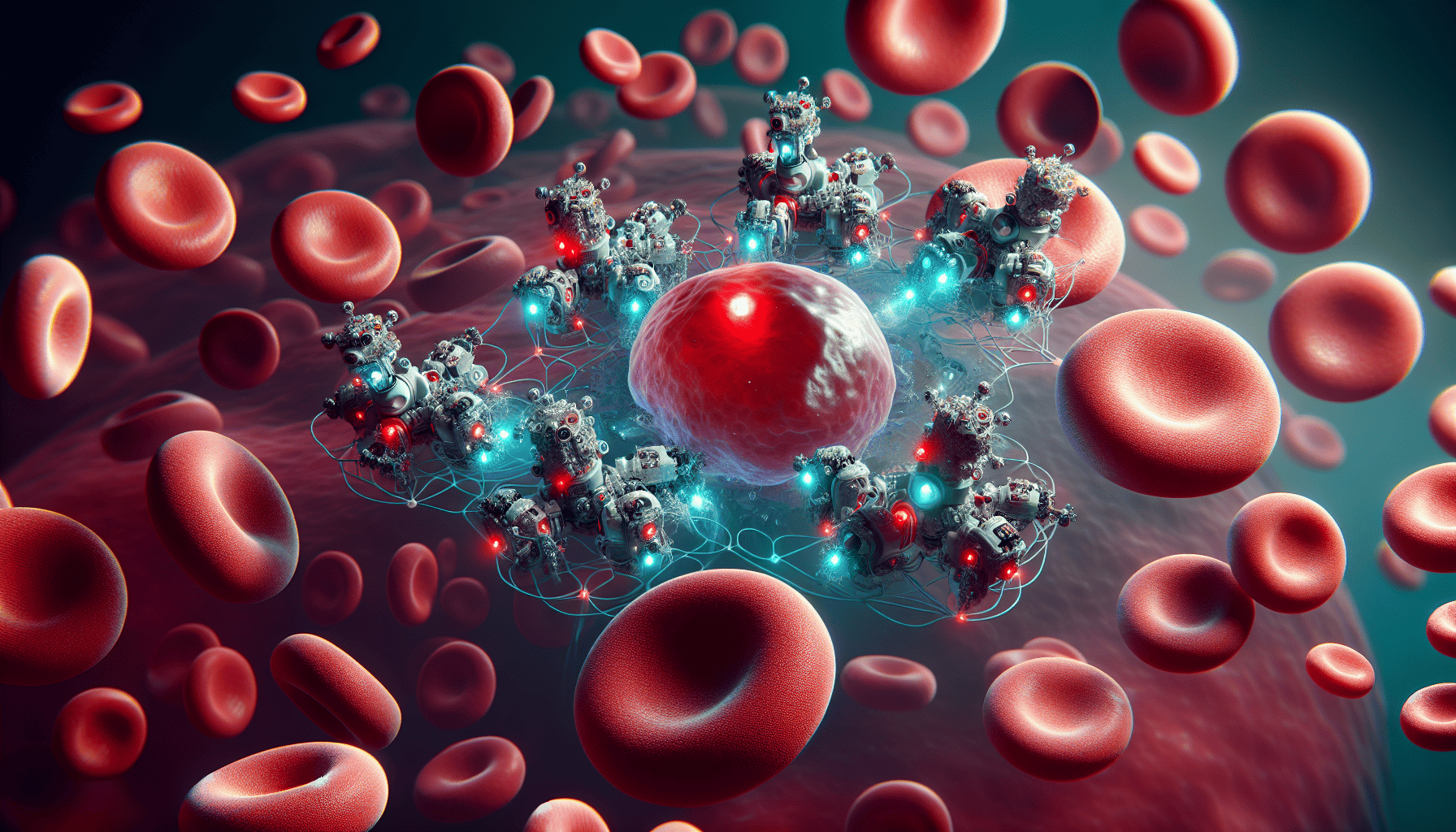The field of nanomedicine is rapidly transforming the landscape of healthcare by introducing revolutionary therapies and diagnostic tools that promise precision and unparalleled efficiency. At the core of these advancements is the use of nanotechnology, a domain that manipulates matter on the molecular and atomic scale, potentially reshaping how medical treatments are delivered and monitored.
One of the most significant breakthroughs in nanomedicine is in targeted drug delivery systems. Traditional drug therapies often face the challenge of negatively impacting healthy tissues alongside the diseased cells they aim to treat, leading to side effects and reduced efficacy. Nanotechnology offers a solution to this problem by crafting nanoparticles that can deliver drugs directly to targeted areas. These nanoparticles can be engineered to recognize specific cells or pathogens, thereby minimizing collateral damage and maximizing therapeutic outcomes. For instance, researchers have successfully developed nanoparticles that can home in on cancer cells, delivering chemotherapy directly and efficiently to tumors, which could radically reduce the side effects associated with conventional cancer treatments.
Additionally, nanomedicine is paving the way for innovations in diagnostic tools. Nanosensors are being developed to detect diseases at a much earlier stage than was previously possible. These sensors can identify biomarkers indicative of diseases in minute concentrations, which might be undetectable with traditional diagnostic methods. Early detection is crucial in conditions such as cancer and neurodegenerative diseases, where the timing of diagnostics can significantly influence treatment success. The implementation of these nanoscale diagnostic tools can lead to better patient prognoses and tailored therapeutic strategies.
The applications of nanotechnology extend beyond treatment and diagnostics. It has also shown promise in the realm of regenerative medicine. Scientists are exploring nano-scaffolds, which support tissue regeneration and repair, potentially aiding in the recovery from injuries that currently have limited treatment options. For example, these scaffolds can encourage the growth of damaged bone or connective tissues, expediting the healing process and reducing the need for invasive surgeries.
Moreover, because each patient is unique, nanomedicine presents an exciting avenue for personalized medicine. By integrating nanotechnology with genetic and bioinformatics data, treatments can be highly customized to the individual's biological system, thereby enhancing the efficacy and reducing the potential for adverse reactions.
Despite these promising advancements, the integration of nanomedicine into mainstream healthcare poses challenges. Concerns about the long-term effects and safety of nanoparticles in the human body need to be addressed through rigorous research and ascertained by comprehensive clinical trials. It is imperative for healthcare regulatory bodies to establish clear guidelines to ensure that nanomedical innovations are both safe and ethically implemented.
Nanomedicine represents the frontier of medical science, offering a transformative approach that could redefine the efficacy, safety, and personalization of medical treatments. As research continues to progress, the potential of nanotechnology in healthcare is immense, signifying a future where medical interventions are not only more accessible and effective but also seamlessly integrated into the biological intricacies of individual patients.
